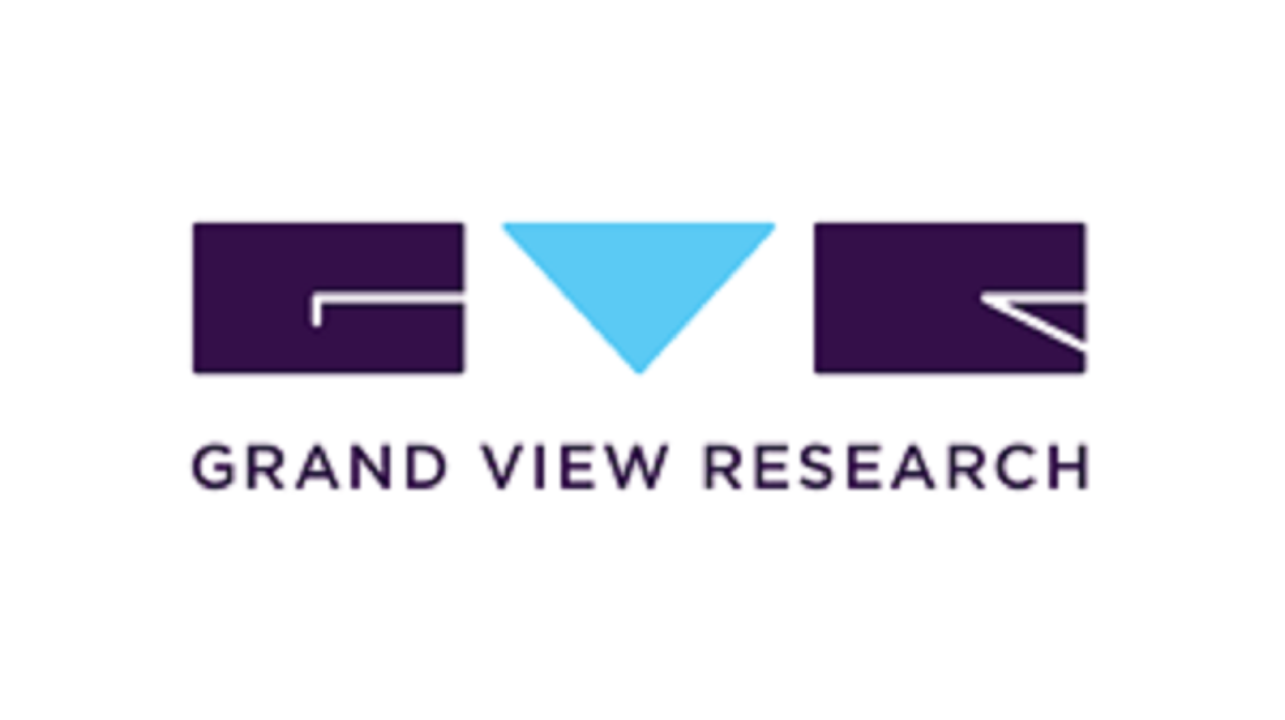The global rubber process oil market size was estimated at USD 2.19 billion in 2023 and is projected to grow at a CAGR of 4.3% in terms of revenue from 2024 to 2030. The global product demand is increasing due to its critical role in the manufacturing of various products, including tires, footwear, and industrial goods.
This surge is driven by the growing automotive industry, particularly in emerging markets, where vehicle production and ownership are rising rapidly. In addition, the expanding infrastructure and construction sectors are boosting the need for rubber-based materials. Furthermore, advancements in rubber processing technology and the shift towards environmentally friendly and sustainable products are propelling the demand for high-quality, non-toxic products. These oils enhance the performance, durability, and longevity of products, making them indispensable in both industrial and consumer applications.
Rubber process oils are essential additives used in the production of rubber compounds. These oils are derived from petroleum and are integrated into the manufacturing process to enhance the properties of the final product. They act as plasticizers, making the rubber softer and more pliable, which is crucial during the mixing and molding stages. Depending on their formulation, these products can be categorized into three main types: paraffinic, naphthenic, and aromatic, each offering distinct properties suited for different applications.
Gather more insights about the market drivers, restrains and growth of the Rubber Process Oil Market
Key Rubber Process Oil Company Insights
Some of the key players operating in the global rubber process oil market include Shell Plc, Chevron USA Inc., H&R GROUP, and Sunoco Lubricants, among others.
• Shell Plc, a global leader in energy and petrochemicals, has a robust portfolio of rubber process oils designed to meet the diverse needs of the end-use industry. Their product line includes high-quality paraffinic, naphthenic, and aromatic oils, known for their excellent solvency, stability, and performance characteristics. Shell's rubber process oils are engineered to enhance the processing efficiency, elasticity, and durability, making them suitable for a wide range of applications including tires, industrial goods, and consumer products. The company's commitment to sustainability and innovation drives the development of eco-friendly formulations that comply with stringent environmental regulations, ensuring that their products meet the evolving demands of the global market.
• Chevron is a prominent player in the global oil and gas industry, offering a comprehensive range of rubber process oils tailored for various manufacturing processes. Chevron's product portfolio includes premium paraffinic and naphthenic oils that are highly valued for their superior performance in enhancing flexibility, durability, and processing efficiency. These oils are widely used in the production of tires, footwear, and industrial products. Chevron's focus on research and development ensures that their products not only meet industry standards but also address the growing demand for environmentally friendly and sustainable solutions, reinforcing their position as a trusted supplier in the overall industry.
• H&R GROUP is a leading specialty chemical company with a strong presence in the rubber process oil market. The company offers a diverse range of high-quality aromatic, naphthenic, and paraffinic products designed to improve the performance, processability, and longevity of rubber products. H&R's oils are utilized in various applications including tire manufacturing, wire and cable coverings, and automotive components. The company's dedication to innovation and sustainability is reflected in its development of eco-friendly and low-aromatic content oils that meet global environmental standards. H&R GROUP's extensive expertise and commitment to quality make it a preferred supplier for manufacturers seeking reliable and efficient process oil solutions.
Recent Developments
• In February 2024, Nordmann announced expansion of its distribution agreement with Ergon International, the world’s largest manufacturer of naphthenic process and base oils.
• In January 2022, Safic-Alcan, a global speciality chemicals distributor, announced partnership agreement with Repsol. This agreement pertains to the Rubber industries in Belgium, Germany, Greece, Italy, Luxembourg, the Netherlands, Poland, Romania, Russia, South Africa, Sweden, Denmark, Norway, and Finland.
• In March 2019, Nynas AB introduced its newest biobased rubber process oil.
Global Rubber Process Oil Market Report Segmentation
This report forecasts revenue growth at global, regional, and country levels and provides an analysis of the latest industry trends in each of the sub-segments from 2018 to 2030. For this study, Grand View Research has segmented the global rubber process oil market report based on material product, application, and region.
Product Outlook (Volume, Kilotons; Revenue, USD Million, 2018 - 2030)
• Aromatic
• Paraffinic
• Naphthenic
• Other Products (If Any)
Application Outlook (Volume, Kilotons; Revenue, USD Million, 2018 - 2030)
• Tyre
• Footwear
• Wire & Cable Covering
• Flooring Materials
• Paints & Coatings
• Adhesive & Sealants
• Other Applications (If Any)
Regional Outlook (Volume, Kilotons; Revenue, USD Million, 2018 - 2030)
• North America
o U.S.
o Canada
o Mexico
• Europe
o Germany
o UK
o France
o Italy
o Spain
• Asia Pacific
o China
o India
o Japan
o South Korea
o Malaysia
o Indonesia
o Vietnam
o Indonesia
o Thailand
• Central & South America
o Brazil
o Argentina
• Middle East and Africa
• Saudi Arabia
• South Africa
Order a free sample PDF of the Rubber Process Oil Market Intelligence Study, published by Grand View Research.


